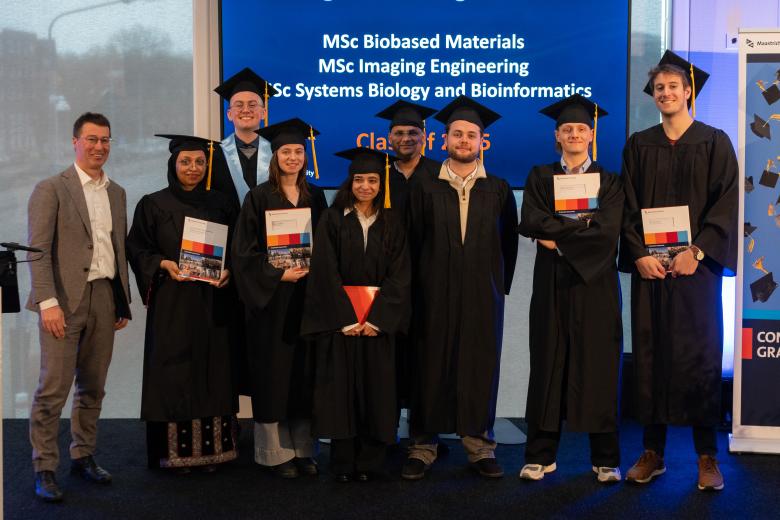UM professor publishes book on forgiveness in criminal law
The book Vergeving in het strafrecht via de implementatie van herstelbemiddeling ('Forgiveness in criminal justice through the implementation of restorative mediation') was published this week by Jacques Claessen, professor of Criminal Procedural Law. In this monograph, Claessen argues for the integration of forgiveness in the criminal justice system in the form of restorative practices such as victim-offender mediation.
Although forgiveness itself is not the goal, nor should it be enforced, criminal law should certainly make room for it. Unlike retaliation in the form of proportional retribution, forgiveness can make a very real contribution to resolving conflict and paving the road towards reconciliation. It's time for the criminal justice system to start implementing pacification, which will inevitably lead to substantial changes in the field of criminal procedural law. Morality, law and politics should ultimately focus on achieving a peaceful and harmonious society that is as non-violent as possible. Civilisation involves more than simply exchanging unbridled revenge for proportional revenge. Ideals like recovery, forgiveness and healthy retribution are just around the corner.
This monograph answers questions like: What is forgiveness? How does it come about? Are retribution and forgiveness opposites? Why is forgiveness important? What human image is it associated with? Should forgiveness be part of the public domain? How should it be incorporated into the criminal justice system? Which role should restorative justice play?
Relevant links
The book was published by Wolf Legal Publishers.
You can also read the press release about the recent UM article in the Nederlands Juristenblad on mediation in criminal cases.
Also read
-
Flour, family, and forward thinking: the evolution of Hinkel Bäckerei
In the heart of Düsseldorf, the comforting aroma of freshly baked bread has drifted through the streets for more than 130 years. Since its founding in 1891, Hinkel Bäckerei has evolved from a small neighborhood bakery into a cherished local institution.
-
Green school playgrounds boost concentration and wellbeing
Children at schools with green playgrounds are better able to concentrate and display more social behaviour. This is the conclusion of a follow-up study within the long-running project The Healthy Primary School of the Future .
-
Ron Heeren appointed fellow of the Netherlands Academy of Engineering
Professor Ron Heeren, distinguished university professor at Maastricht University (UM) and director of the Maastricht MultiModal Molecular Imaging Institute (M4i), was appointed as a fellow of the Netherlands Academy of Engineering (NAE) on Thursday 11 December.